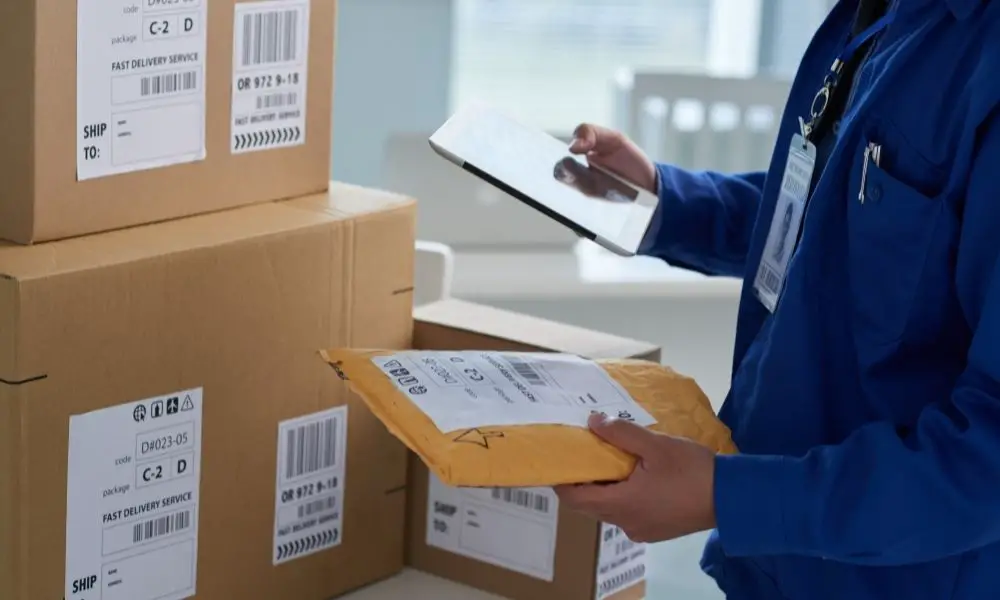

While the shipping and transportation industry seems like everything in it would be pretty straightforward, there’s a whole lot that goes on behind the scenes that we don’t see. For us, it’s a few clicks of a button, and then two days later, our order shows up at our door. It takes the work of dozens of people—and sometimes hundreds and thousands—to get every product and package to where it needs to be. If you’ve ever wondered why something might take longer than you expect to arrive, take a look at the most common causes of shipping delays.
Logistics management is a major factor when it comes to shipping, and problems throughout the supply chain might result in shipping delays. It’s difficult to keep up with the rapid pace of change when the United States imposes tariffs and other countries across the world reciprocate. Other problems in the supply chain include a lack of raw materials, recalls for safety reasons, financial instability, cargo theft, and sometimes even environmental issues. Shipping businesses aren’t the only ones who must prepare for such dangers. Companies that ship around the world face supply chain hurdles as well, since they must be prepared with backup plans in case problems develop.
Based on seasonal weather patterns, shipments coming from other countries can be especially full of uncertainties. Hurricanes and other severe storms can cause major delays throughout shipping lanes and ports, and they can even prevent ships from leaving the dock altogether. For example, although Florida may be warm and bright, your source in Minnesota may be buried under several feet of snow. Accidents and slowdowns on the highway can cause your shipment to be delayed even before it leaves. This is the most common cause of shipping delays.
A carrier ship may arrive in port on schedule, but it’s likely that ships arriving ahead of it are running late. As a result, ports must hire more personnel to handle ship unloading, which might take place over the course of many days. Shipping delays occur for a variety of reasons, not just those related to congestion at the port. In order for trucking companies to transfer shipments, they need to know the arrival timetable of the ships. Otherwise, they can’t plan their own calendars. Then there are logistical concerns to contend with.
A carrier ship may arrive in port on schedule, but it’s likely that ships arriving ahead of it are running late. As a result, ports must hire more personnel to handle ship unloading, which might take place over the course of many days. Shipping delays occur for a variety of reasons, not just those related to congestion at the port. In order for trucking companies to transfer shipments, they need to know the arrival timetable of the ships.
Additional Resources:
Delivery Robots
Self Driving Electric Trucks
Self Driving Cars
Uber
Scooters
Learn essential first-time landlord tips for success, from tenant screening to property maintenance. These strategies…
Every business will produce some form of waste. The real task isn’t preventing waste entirely—it’s…
Custom tailors can create unique garments that complement every inch of your body, and it’s…
Faulty wiring can ruin a perfect restoration. See how original-style harnesses preserve WWII Jeep reliability,…
Make reading more accessible for kids with dyslexia using these nine tools designed to build…
Optimize your food processing facility by better understanding the critical ways gases can impact electrical…